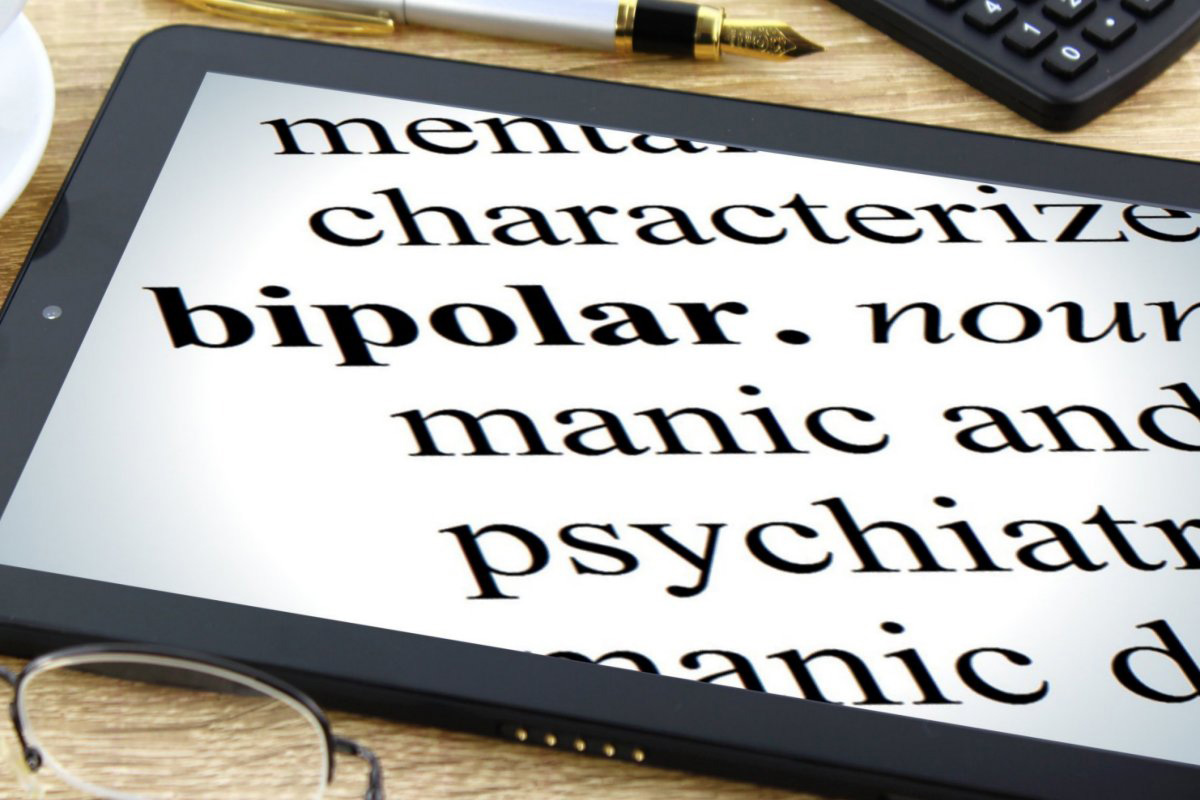
What is bipolar disorder
Bipolar disorder is a life-long mood disorder. People that suffer from bipolar disorder experience periods of abnormally or mildly elevated states of mind (mania) or abnormally or mildly depressed states of mind in such a way that it interferes with normal functioning and affects both those who suffer from it and their friends and families.
Problems with diagnose
Bipolar order has numerous properties that make it difficult to diagnose even for professionals. Results of a recently concluded study indicate that there are three times more people who suffer from bipolar disorder than it was previously believed. Results of this study have also shown that roughly thirty percent of people diagnosed with unipolar depression were misdiagnosed and that they actually suffer from bipolar disorder and as much as four out of five people who suffer from bipolar disorder were initially not diagnosed with this condition.
Problems caused by bipolar disorder
Bipolar disorder could be most present in young adults, in their late teens to mid twenties, men with low income and those who live in small cities or rural areas. Over fifty percent of employed patients suffering from bipolar disorder are at high risk of being fired because of the disruptive symptoms of this illness. Bipolar disorder is frequently associated with with high rates of substance abuse, drinking problems, financial problems, divorce and suicide in patients. It is also highly related to various health conditions, some being allergies, asthma, migraine and obesity. Untreated bipolar disorder often leads to higher frequency of attacks (manic states or depression).
Some symptoms of bipolar disorder
Depressive phase of bipolar disorder is linked with, among others, feelings of anger, sadness, apathy, and lack of motivation, disturbances in sleep and appetite, diminished interest in various otherwise favorite activities, irritability, social anxiety and thoughts on suicide. These symptoms make bipolar disorder easily mixed with unipolar depression if manic phase has gone unnoticed. However, it is mania that is the defining aspect of bipolar disorder.
People that undergo manic attacks experience increase of energy and decreased urge to rest, racing thoughts and inability to focus, leading to easy distraction and low attention span. Uncommon behavioral patterns are also common, such as pursuit of unusual activity and substance and alcohol abuse. Aggression and intolerance towards other increases and people undergoing a manic episode are easily irritated. In severe cases, patients could suffer from delusional ideas or break from reality, where perspective of the world around them is formed according to their mood.


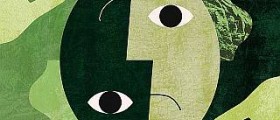


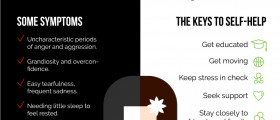

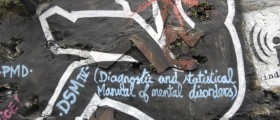
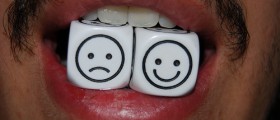




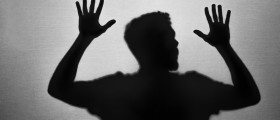



Your thoughts on this
Loading...